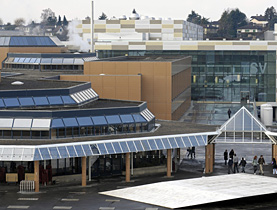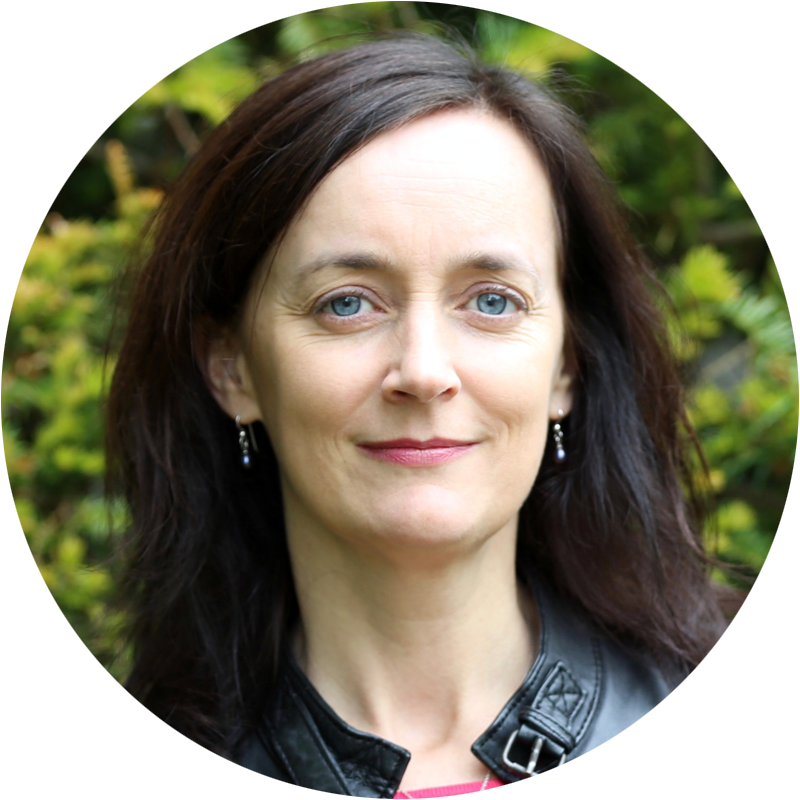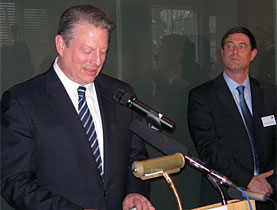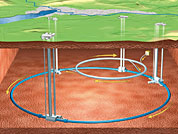US scientific decline opens door to Swiss

At a time when American dominance is weakening and Swiss research is making its mark, Switzerland is aiming to intensify scientific cooperation with the United States.
The US decline in the scientific domain is relative but significant. Significant enough for the US Congress to pass a law in 2007 designed to ensure the country’s supremacy in research.
There has been a globalisation of innovation in a post-American world, according to Robert Wuebker, doctoral student in environmental technology management at the Rensselaer Polytechnic Institute in New York State. Wuebker has just received a research grant from the Swiss National Science Foundation (SNSF).
“The decline in American research is relative and is connected to the rise of other countries, particularly in Asia,” Dieter Imboden, president of the SNF explained to swissinfo.ch on a visit to the US.
According to the American Association for the Advancement of Science, there is evidence that America’s innovation lead is shrinking.
The association sees the 2007 law as responding to the “worry of seeing the United States becoming incapable of facing economic competition from other countries”.
The law envisages an increase in research budgets which is supported by the Obama administration and stipulates that “Congress must provide sufficient financing for our country to continue to be the world leader in innovation.”
Next wave
But since 2007, the recession has begun to undermine American scientific supremacy.
In Washington, the Information Technology and Innovation Foundation only classes the US sixth according to criteria such as investment in research and development, high technology infrastructure and the proportion of researchers in the working population. More seriously, of the 36 countries studied, the United States was the one that had progressed the least in ten years.
In certain sectors the US is in danger of being overtaken. It remains the leader in environmental research but is threatened by competition from countries like Switzerland.
“I want to spend my time with the most intelligent people in my sector – solar energy – and those people are in Switzerland and Germany,” said Wuebker. The American SNSF grant recipient is starting a research project at St Gallen University.
“For decades the Americans have invested in war machinery, not in the next wave of innovation – renewable energy – while public policy in Switzerland has produced talented engineers, mathematicians and physicists who have chosen this field,” Wuebker pointed out.
Space supremacy
Meanwhile, American domination is uncontested in other sectors, such as space research. “The opportunities in my field are much greater in the United States that in Switzerland or elsewhere in Europe,” Thomas Zurbuchen, professor of aerospacial robotics at the University of Michigan, told swissinfo.ch.
A native of canton Bern, he emigrated in 1996 with a doctorate in astrophysics from Bern University. He was recruited by a senior boss of the Nasa space programme and worked on the American agency’s satellites.
“Swiss research has a fantastic reputation for quality in the US,” noted Zurbuchen, who has hired Swiss scientists at the University of Michigan.
However, Zurbuchen thinks that the US is not about to lose its status as a world leader. “There is more competition but I don’t believe in the imminent reversal of the preeminence of American universities.”
Big budget
This, despite the recession leading the University of Arizona to lay off some professors – a move unheard of in American university circles where a lifetime job is supposed to guarantee researchers’ independence.
Indeed American scientists are also leaving the country. And research budgets in American universities are being cut by 30 to 50 per cent.
But the level of finance of research in the United States remains without comparison. “My university has received $3 billion in donations from former students alone in the past few years,” noted Zurbuchen.
“It has earmarked $20 million for green technologies this year, and that’s without the money that will come from the Obama administration’s stimulus package.”
No less than $15 billion has been reserved for the development of renewable energy and scientific research in the US stimulus package.
However Imboden of the SNSF says Switzerland should not be intimidated by the magnitude of resources that continue to feed into research in the United States.
“The dominance of the United States is only partly true, it exists by reason of the size of the country; it is a dominance in figures, not strictly in quality, while a small country like Switzerland, in terms of results per habitant, shows that it is a rival.”
Marie-Christine Bonzom in Washington, swissinfo.ch (Translated from French by Clare O’Dea)
Switzerland and the United States signed their first science and technology cooperation agreement on April 1.
A scientific delegation, led by Dieter Imboden, president of the Swiss National Science Foundation, carried out a follow-up visit to Washington DC, Boston and San Francisco in June.
The US is one of Switzerland’s main partners in the fields of research, university exchange and innovation. More than 3,000 joint Swiss-US research articles are published every year.
Every year 40-45% of scholarship students at the Swiss National Science Foundation go to the US to pursue their studies.
Elsevier, the biggest publisher of scientific journals, published a study about environmental research by 3,000 universities and institutions from across 13 countries.
The US continues to dominate environmental research in general and solar energy in particular, through the sheer volume of publications and influence on other researchers.
Switzerland is in the top ten countries in the research field, ahead of Singapore, Canada and Hong Kong. In solar energy research it is stronger than Britain, Germany and Singapore.

In compliance with the JTI standards
More: SWI swissinfo.ch certified by the Journalism Trust Initiative





You can find an overview of ongoing debates with our journalists here. Please join us!
If you want to start a conversation about a topic raised in this article or want to report factual errors, email us at english@swissinfo.ch.